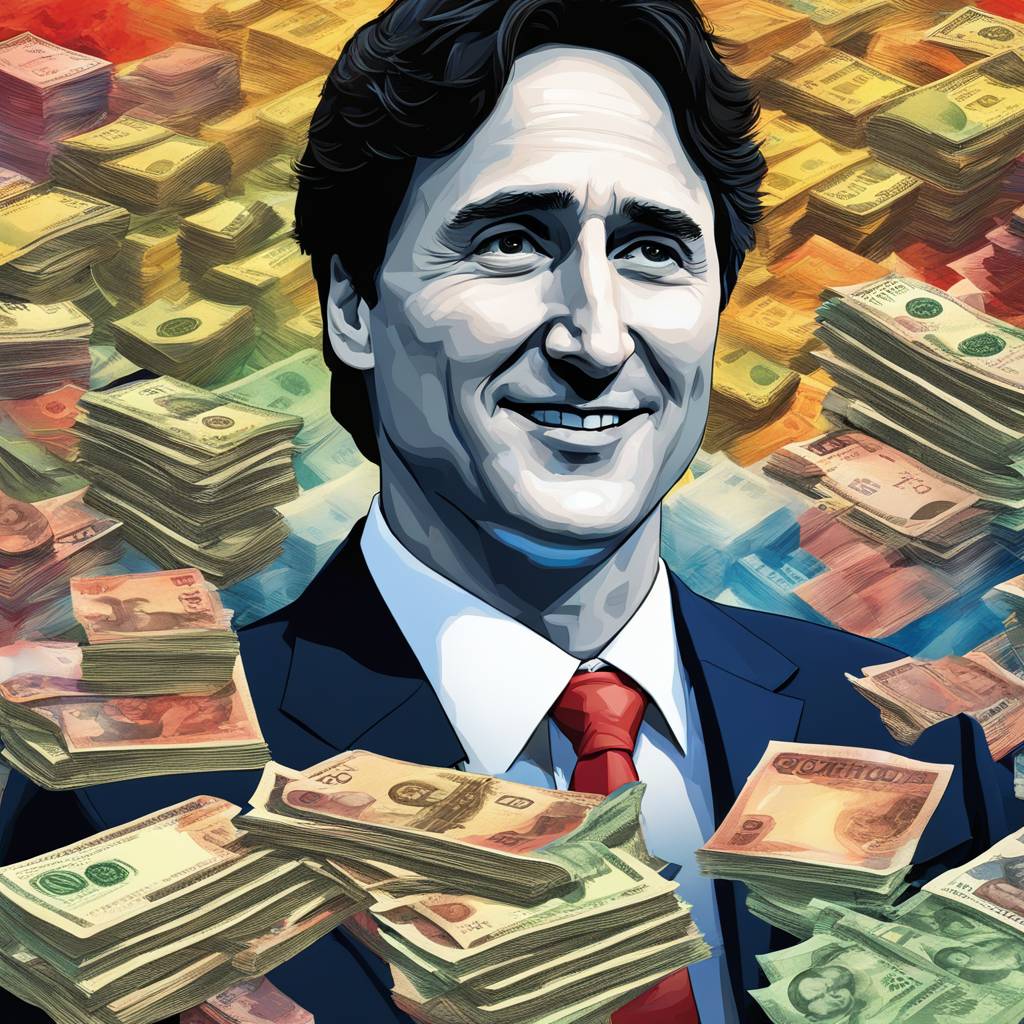Starting on April 1, 2024, Prime Minister Justin Trudeau is set to receive a salary increase that will bring his total pay to over $400,000 a year. This increase also affects other federal politicians, including Conservative Leader Pierre Poilievre, whose base pay as an MP and top-up as opposition leader will see an increase as well. The base pay for members of Parliament will rise to $203,100 from $194,600, an increase of $8,500 or 4.3 per cent. These adjustments are made annually on April 1 based on the index of the average percentage increase in base-rate wages for a calendar year in Canada.
In addition to the salary increase for MPs, Prime Minister Justin Trudeau’s top-up pay as prime minister will also rise to $203,100 from $194,600. This will bring his total pay to $406,200, an increase of $17,000 from his 2023 total. The Speaker of the House of Commons will receive a top-up increase to $96,800 from $92,800, as will the government House leader, ministers, and ministers of state. Leaders of other parties in the House of Commons will also see increases in their top-up pay, as well as chairs and vice-chairs of standing committees.
The pay raises for federal politicians will coincide with an increase to the carbon price, a policy that has been opposed by federal Conservatives and various provincial premiers. The increases in pay for politicians are based on adjustments that are made annually on April 1, using the index of the average percentage increase in base-rate wages for a calendar year in Canada. This year, the increase is set at 4.4 per cent, resulting in the pay raise for MPs and other federal politicians.
It is worth noting that these salary increases for federal politicians come during a time when many Canadians are facing economic challenges, including the rising cost of living and the impact of the COVID-19 pandemic. While the pay raises are based on adjustments made annually and are tied to the private sector’s wage settlements, they may still be viewed as controversial given the current economic climate. The opposition to the carbon price increase adds another layer of complexity to the situation, as it highlights the disconnect between government policies and public sentiment.
The pay raises for federal politicians raise questions about income inequality and fairness, as many Canadians struggle to make ends meet while politicians receive substantial salary increases. This disparity may deepen the divide between politicians and the public they represent, leading to further distrust and disillusionment with the political system. It is important for politicians to consider the optics of accepting significant pay raises while Canadians face economic challenges, and to ensure that their actions align with the needs and concerns of the people they serve.
In conclusion, the upcoming salary increases for Prime Minister Justin Trudeau and other federal politicians highlight the ongoing debate around income inequality, government policies, and public perception of elected officials. As the cost of living rises and economic challenges persist, it is crucial for politicians to be mindful of the impact of their decisions on the citizens they represent. The opposition to the carbon price increase adds another layer of complexity to the situation and underscores the need for transparency, accountability, and responsible governance. Ultimately, striking a balance between fair compensation for elected officials and addressing the needs of the public is essential for fostering trust, engagement, and cooperation in the political process.


